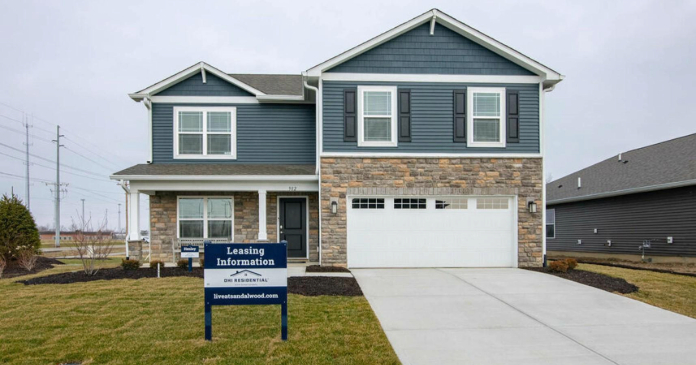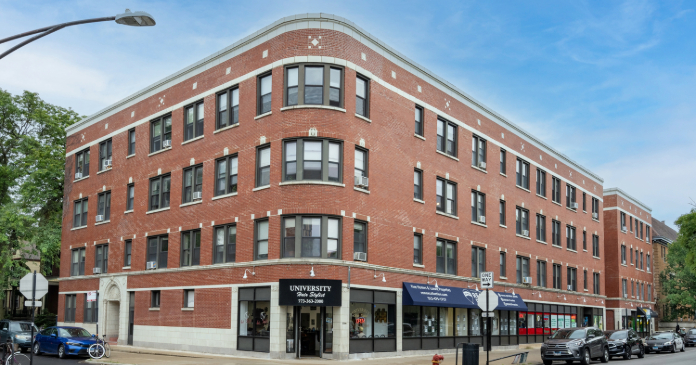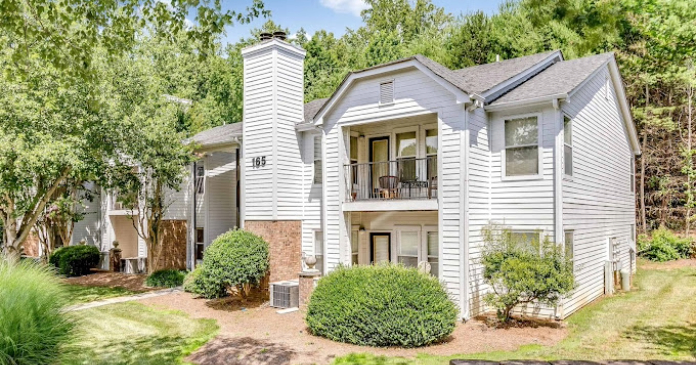Inter-generational loans will become more common as property prices outpace the rise in salaries. Almost 25 percent of California’s borrowers have home loans at 40 year terms. The trend is strengthening as both a 50- and 60- year loan product came on the market earlier this year.
The average age of borrowers in the U.S. is 32 years. The 20 to 30 year tenure extension allows borrowers to buy property previously unattainable, yet, they will likely not pay it off within their lifetime. Inter-generational loans will continue to account for huge interest accruals for banks.
Such loans also involve property inheritance issues. For instance, if a son pays a part of the property loan after his father’s death, he may claim a right to it although the will specifies the daughter as the inheritor of the property.















